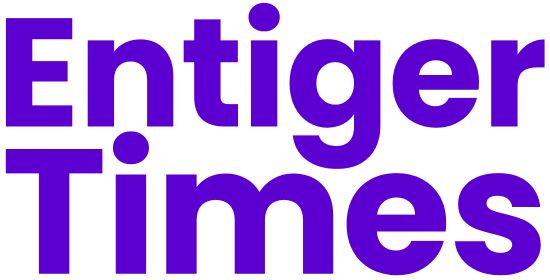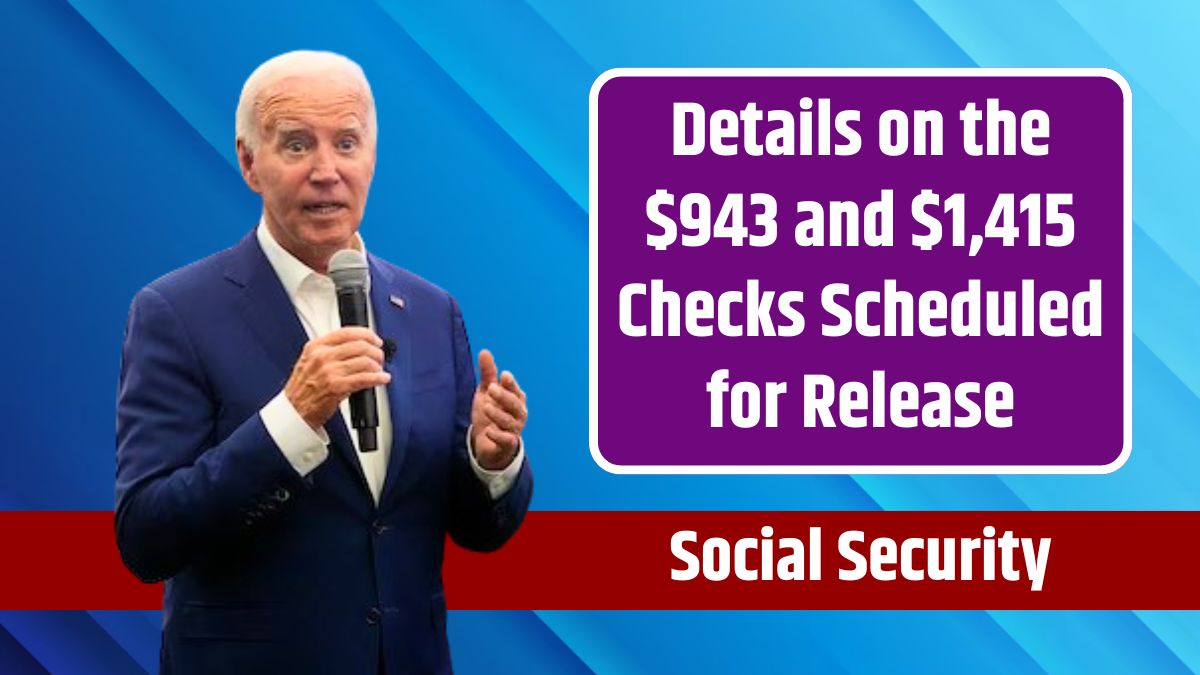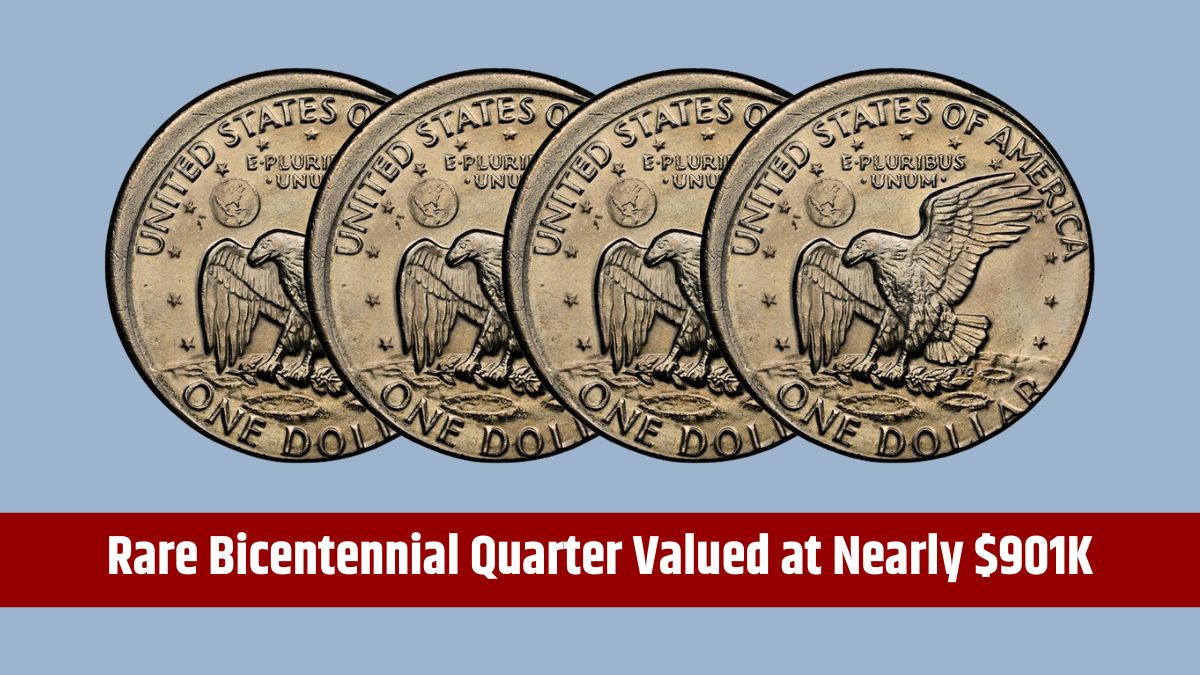The Social Security Administration (SSA) recently concluded its July payment cycle and is gearing up for the August disbursement schedule. This schedule is a crucial lifeline for retirees and individuals with disabilities in the United States, ensuring timely financial support.
Each recipient’s payment amount varies depending on factors like the type of benefit, the number of years they have worked, Social Security taxes paid, and their taxable income during their working years. The next significant payment, averaging $943, is imminent for eligible beneficiaries.
Contents
- 1 August’s SSI Payment
- 2 What Is SSI?
- 3 Qualifying for SSI
- 4 Importance of SSI
- 4.1 $1,450 SSI Payments Post-2025 COLA Increase – Verify Your Eligibility
- 4.2 FAQs
- 4.3 When will the next SSI payment be made?
- 4.4 How much can married couples receive from SSI?
- 4.5 Social Security Maximum Benefit for Full Retirement Age Workers – Changes Following the 2025 COLA Increase
- 4.6 What factors determine SSI eligibility?
- 4.7 Does SSI depend on prior work history?
- 4.8 What other benefits can SSI recipients receive?
August’s SSI Payment
The upcoming payment on August 1, 2024, relates to the Supplemental Security Income (SSI) program. This payment schedule is consistent, always landing on the first of the month unless it coincides with a weekend or federal holiday, in which case payments are advanced to the preceding business day.
Single SSI beneficiaries receive an average payment of $943, while married couples where both spouses are eligible can receive up to $1,415. These payments provide essential financial support, helping recipients meet their basic needs.
What Is SSI?
Supplemental Security Income (SSI) is a federal program established in 1972 to assist individuals aged 65 or older, blind, or disabled with limited income and resources. Unlike other Social Security benefits funded by payroll taxes, SSI is financed through general tax revenues. This distinction means that eligibility and benefit amounts are not linked to one’s work history or prior contributions.
Qualifying for SSI
To qualify for SSI, applicants must meet stringent criteria, including low income and limited resources. The application process requires comprehensive documentation, including proof of income, assets, and medical condition. Sometimes, additional medical evaluations are necessary to establish eligibility. The benefit amount is tailored to the individual’s economic and living circumstances, with regular reviews ensuring continued eligibility.
SSI recipients often qualify for additional aid, such as Medicaid and the Supplemental Nutrition Assistance Program (SNAP). This comprehensive support helps cover medical expenses and food costs, further alleviating financial burdens.
Importance of SSI
SSI plays a vital role in providing financial stability to those unable to work due to age, blindness, or disability. It serves as a safety net for individuals with minimal resources, ensuring they can maintain a basic standard of living. The program’s structured support is essential in upholding the well-being of society’s most vulnerable members, enabling them to access necessary services and resources.
As the SSA continues its scheduled payments, it reinforces its commitment to supporting millions of Americans who rely on these benefits. The SSI program not only provides financial aid but also connects recipients to additional resources that can significantly improve their quality of life.
With these payments, the SSA ensures that individuals who qualify for SSI have the financial support they need, highlighting the program’s critical role in the social safety net.
FAQs
When will the next SSI payment be made?
The next payment is scheduled for August 1, 2024.
How much can married couples receive from SSI?
Eligible couples can receive up to $1,415.
What factors determine SSI eligibility?
Eligibility is based on age, disability, income, and resource limits.
Does SSI depend on prior work history?
No, SSI is funded by general tax revenues, not payroll taxes.
What other benefits can SSI recipients receive?
SSI recipients may also qualify for Medicaid and SNAP benefits.













